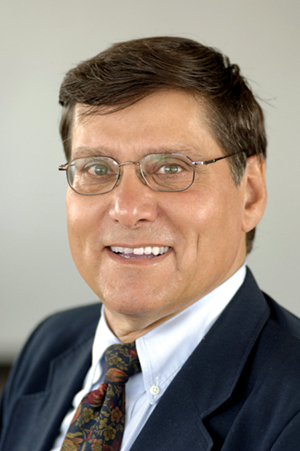The Supreme Court of Canada is going to have a very busy winter session with more than two dozen cases between now and March 31.

Many are of major political and judicial importance. Some of the cases deal directly with legal messes created by Prime Minister Stephen Harper, a man who likes to do things his way all the time.
Last October, he picked Federal Court of Appeal Justice Marc Nadon to fill a Quebec spot on the top court. But there was a big problem. In order to join the Supreme Court, the candidate must have served as a Quebec judge or been a member of the Quebec bar for at least 10 years.
Being a Federal Court judge doesn’t count as being a Quebec judge. It’s been like that since Confederation. Harper probably didn’t know that.
But didn’t Harper consult one of the hundreds of federal Justice Department lawyers or experts? A Toronto lawyer, Rocco Galati, has challenged the Nadon appointment. Quebec’s attorney general has also challenged it. Nadon has graciously stepped aside until the Supreme Court decides whether he can join the other eight judges.
The court will be trying to clean up Harper’s mess for him.
Harper compounded the mess. Last year, he decided to change the Supreme Court Act to make Nadon’s appointment retroactively legal.
He sneaked it in as a clause in his economic action plan for 2014. Now what does a Supreme Court appointment have to do with an economic action plan? The Nadon case goes to court this Wednesday.
Back in October 2009, more than 150 Hells Angels members and friends were rounded up in Quebec in one of the biggest police operations in Canadian history.
They were charged with hundreds of crimes all the way up to drug trafficking, murder, and conspiracy to murder.
But a lower court Quebec judge examined the cases and figured out it could take until 2020 for some of them just to get to court.
Our Charter of Rights and Freedoms guarantees the right to a speedy trial. Failing that, they walk. The judge didn’t want that.
So he dropped the lesser charges against the Hells Angels, but kept the murder, conspiracy, and drug trafficking ones.
Now the Supreme Court is going to have to decide whether that lower court judge committed an error by dropping the lesser charges.
That’s the sort of case a lot of people are going to get very angry about if any gang member walks because the case might take too long. Harper might have some explaining to do to his right-wing social conservative base going into an election.
There’s another case with political ramifications. Back in 2009 Harper got upset that criminal offenders were getting double credit for time served behind bars before sentencing.
In response, he adopted the Truth in Sentencing Act to eliminate double credit. But a clause in the law said that in certain circumstances, offenders could get credit on a 1.5:1 basis. The law, however, didn’t make it clear what those circumstances would be.
Now it’s up to the Supreme Court to try to figure out what was in Harper’s mind when the government wrote the law.
On March 19, the Supreme Court tackles the issue of Mountie salaries. Back in 2008, Harper handed out nice salary increases to the Mounties. But in 2009, he was running short of money and rolled back the increases.
He had Parliament adopt his Expenditure Restraint Act to limit the wage increases previously implemented by the Treasury Board.
There wasn’t much the Mounties could do, so they went to court. Harper won at the Federal Court of Appeal.
Now the Supreme Court will decide whether the rollbacks violated the Mounties’ right to bargain.
And let’s remember that at the Federal Court of Appeal, Nadon held that the rollbacks didn’t violate the Mounties’ Charter or bargaining rights.
Richard Cleroux is a freelance reporter and columnist on Parliament Hill. His e-mail address is [email protected].

 Many are of major political and judicial importance. Some of the cases deal directly with legal messes created by Prime Minister Stephen Harper, a man who likes to do things his way all the time.
Many are of major political and judicial importance. Some of the cases deal directly with legal messes created by Prime Minister Stephen Harper, a man who likes to do things his way all the time.